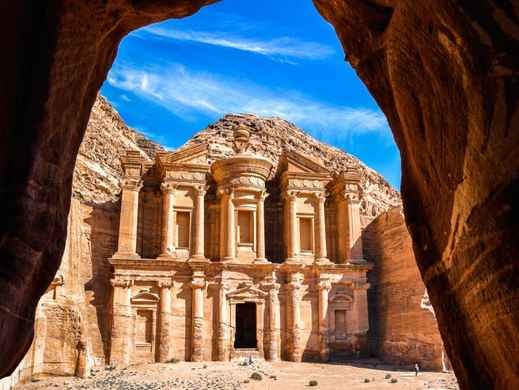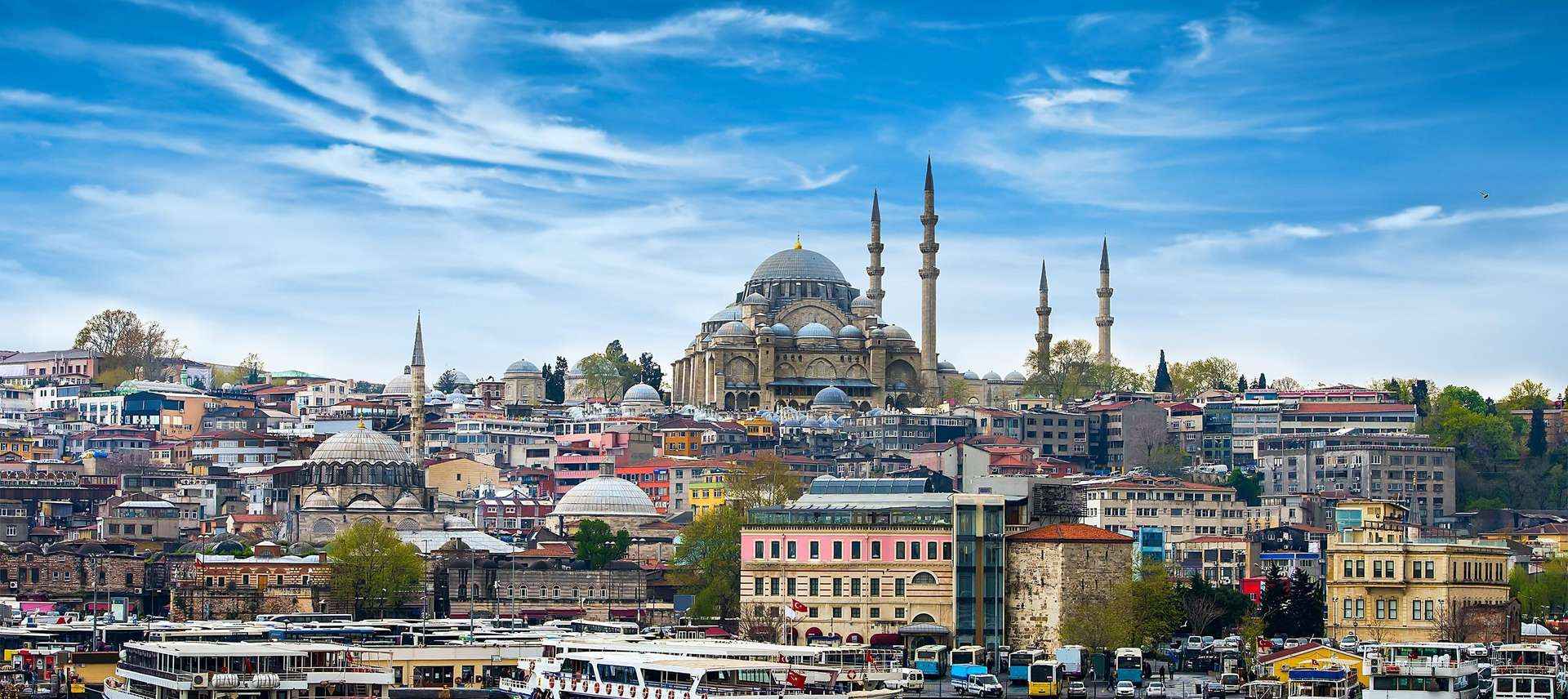


Egypt
Africa
/
Egypt
Egypt, a land of ancient wonders and vibrant culture, beckons travelers from around the globe to explore its legendary attractions and rich history. The splendid pyramids of Giza and the enigmatic Sphinx stand solemnly in the desert sands, representing the extraordinary legacy of the pharaohs. Cairo, the bustling capital city brimming with life, offers a fascinating juxtaposition of the old and new, with the grand Egyptian Museum showcasing treasures of antiquity, while the colorful souks entice visitors with their enticing displays of spices and artisan crafts. The serene Nile River, which has been the lifeblood of Egyptian civilization for millennia, invites you on a journey to discover more archaeological marvels along its fertile banks, including the temples of Luxor and Karnak.
For those seeking adventure or relaxation, the Red Sea coast provides a stunning backdrop with its crystalclear waters ideal for diving and snorkeling, revealing a mesmerizing underwater world of coral reefs teeming with marine life. The coastal town of Hurghada, with its luxury resorts and sandy beaches, offers an idyllic escape from the everyday hustle. Meanwhile, the enchanting landscapes of the Sahara Desert provide opportunities for onceinalifetime experiences, such as camel treks and tranquil nights under the starlit skies. With its rich blend of history, culture, and natural beauty, Egypt is a captivating destination that promises to leave an indelible impression on every visitor.

Get to Know Egypt
Take a tour of this destination's highlights
Popular Areas in Egypt

Travel Tips for Egypt
What you need to know before traveling here
Practical Tips for Egypt
Things to prepare and best way to visit
Egypt is best visited in the cooler months from October to April when temperatures are mild and pleasant, making it perfect for exploring outdoor attractions like the Pyramids of Giza, the Karnak Temple, and cruising the Nile. Summers can be extremely hot, especially in desert areas, which might be uncomfortable for some travelers. However, if you prefer less crowded sites, traveling during the shoulder seasons of late spring or early fall can offer a good balance.
Egypt is generally safe for tourists, with tourism being a significant part of the economy, and the government takes measures to ensure the safety of visitors at key attractions. It's important to stay aware of your surroundings, avoid political demonstrations, and respect local customs and traditions. Significant tourist areas have heightened security, but it’s wise to keep informed through local news and governmental travel advisories for any updates.
When visiting religious sites in Egypt, such as mosques, it is important to dress modestly out of respect for the local culture. Women should cover their shoulders, chest, and knees, and a headscarf for mosque visits is often appreciated. Men should wear long pants and avoid sleeveless tops. Comfortable shoes are also recommended, as many sites involve a fair amount of walking.
To avoid potential travel inconveniences like scams or overcharging, it’s advisable to research and understand the typical cost of goods and services in Egypt before your trip. Use reputable vendors for souvenirs or dining, consider booking tours through wellreviewed companies, and agree on prices for taxis and services beforehand. Understanding basic Arabic phrases can also help, and it’s beneficial to remain polite yet firm when declining unsolicited offers.
The Egyptian pound (EGP) is the official currency in Egypt, and it is best to carry some local currency for small purchases and tips. While major hotels, restaurants, and larger stores in cities accept credit cards, smaller vendors and local markets typically deal in cash. ATMs are widely available in cities and are a convenient way to withdraw Egyptian pounds.
See All Practical Tips for Egypt

Explore Egypt
Create your itinerary with our top picks below

Get to Know Egypt

Travel Tips for Egypt

Explore Egypt
More Destination Near Egypt








































 Facebook
Facebook Instagram
Instagram TikTok
TikTok Youtube
Youtube Telegram
Telegram
